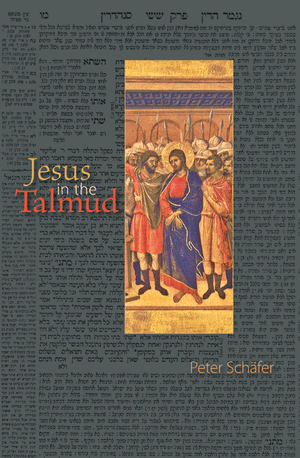The notion that the Zionist leadership in the Land of Israel and yishuv society as a whole reacted with indifference to news of the extermination of European Jewry during the Second World War has become almost a commonplace among non-specialists in the subject. In the past two decades, critics of contemporary Israel and the enterprise of Zionism in history, have led the charge in alleging that the yishuv took little interest in the victims of the Holocaust because of its ingrained negative view of Diaspora Jews (shlilat ha-golah) and single-minded devotion to the enterprise of state-building. Tom Segev's The Seventh Million: The Israelis and the Holocaust
A new work by the Israeli historian Yosef Gorny significantly challenges the revisionist accounts that emerged in the 1990s about the yishuv and the Holocaust. The book, entitled קריאה באין אונים:העיתונות היהודית בארץ ישראל, בבריטניה, בארצות הברית ובברית המועצות לנוכח השואה, בשנים 1939-1945 ("Helpless Cry: The Jewish Press in the Land of Israel, Britain, the U.S., and the Soviet Union during the Shoah, 1939-1945," was published in 2009 and has now been reviewed in Ha'aretz by Dina Porat. The reviewers herself is the author of a pioneering related work, The Blue and the Yellow Stars of David: The Zionist Leadership in Palestine and the Holocaust, 1939-1945
Gorny's book lays to rest the myth that the Jewish press in the Land of Israel ignored the victims of the Holocaust or that the yishuv's inhabitants and its leading personalities were indifferent to the fate of European Jewry. According to Porat,
Reading and comparing the various newspapers show that the Jewish press, both within and outside the Land of Israel, covered the Holocaust extensively, with the newspapers here writing about it more. A comparison between Hebrew newspapers Davar, Haaretz and Hamashkif shows that Davar, the Labor movement daily, which has been criticized from all sides (especially by the first to research the issue, S.B. Beit Zvi, in his book "Post Ugandan Zionism on Trial" ), actually published a lot more about the Holocaust than either of the other two papers. At the time, Hamashkif, the Revisionist paper, was incessantly attacking Davar, for explicitly political reasons, to the point that it became an uncontested axiom that Davar was ignoring the Holocaust.
The comparison between the newspapers also shows that they published pretty much whatever information they received about what was happening to the Jews in Europe, including some hair raising stories that were inconceivable at the time in terms of the number of victims and especially the cruelty of the killing methods. Indeed, readers and journalists alike argued during the first half of the war that the many articles describing atrocities were an exaggeration, akin to "spilling blood into the lines of the newspapers," and called on editors to exhibit greater responsibility in the kinds of pieces they published and stop demoralizing the public and creating panic.
The book's title, Kri'ah be-ein onim is a triple entendre, as the word "kri'ah" means both "call" or "shout" as well as "reading" (i.e., the act of reading). It can therefore be translated as either. The phrase "be-ein onim" literally means "without potency," i.e., "powerless" or "helpless." One could therefore translate the title either as "Helpless Cry" (more elegantly, "Cry in the Wilderness") or "Impotent Reading." To add to these possibilities, the plural noun "'onim" (אונים) has a homophone (at least for those Hebrew speakers who do not pronounce 'alef and 'ayin differently), עונים, which means "respondents," - in other words, "Reading/Cry without Response."
I see the charge that "Zionists didn't care about the Holocaust during the war" as related to those works of scholarship and political polemic which talk about Holocaust memory having been manufactured after World War II by Zionists or Jewish elites. Alongside the myth that the yishuv was indifferent to the Holocaust, a myth arose several decades ago that American Jews did not really talk about the Holocaust until 1967, and that it only became a major focus of their attention due to Zionist manipulation. That is the heart of the accusations contained in works like Peter Novick's The Holocaust in American Life




















